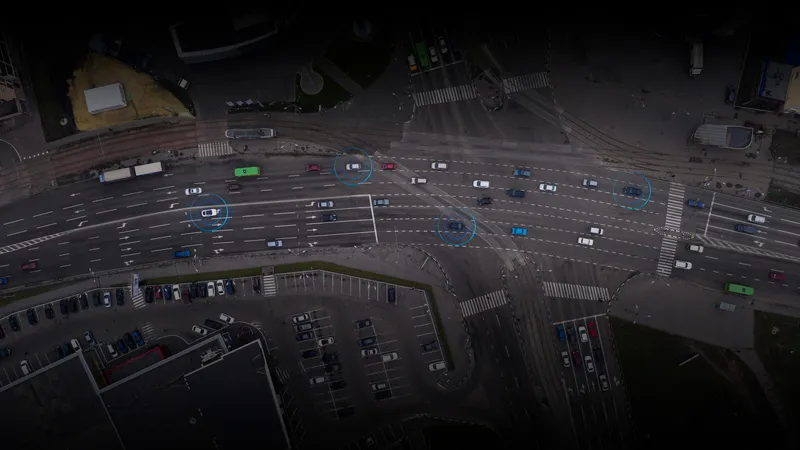Audi, Deutsche Telekom, Huawei, Toyota Motor Europe and other car manufacturers are currently carrying out technical field trials on testing LTE-Vehicular (LTE-V), which is seen as a potential enabler for road safety applications and traffic control services as well as emerging automated driving use.
The tests, which are being carried out on the A9 motorway in Germany, with the objective of assessing the performance of LTE-V for connected vehicle communications during its standardisation process.
LTE
July 11, 2016
Read time: 2 mins
The tests, which are being carried out on the A9 motorway in Germany, with the objective of assessing the performance of LTE-V for connected vehicle communications during its standardisation process.
LTE-V is an evolution variant of the fourth generation standard for mobile communications LTE (4G) and is specifically designed to meet automotive requirements for both vehicle-to-vehicle and vehicle-to-infrastructure communication. It can address multiple application types ranging from connected vehicle safety applications (e.g. collision warning, pedestrian warning, etc.) to connected vehicle smart mobility applications for increased efficiency. It is being specified within the European 3GPP project that develops telecommunications standards as part of their Release 14.
Using test cars, the technology has to prove itself under various scenarios and environmental conditions encountered in real life to evaluate its performance and feasibility for different future use cases and applications. Deutsche Telekom infrastructure has been specially equipped with LTE-V hardware from Huawei to support the trial scenarios. Audi, Toyota Motor Europe and other car manufacturers have equipped research cars with the LTE-V hardware developed by Huawei.
Based on the trial results and experience gained, the partners will provide input into the standards specifications for LTE-V. The partners are also contributing to requirements definition for later releases of the 3GPP project, which will aim to enable a wide range of emerging use cases from connected and automated driving to new mobility services in the 5G era from 2020.







